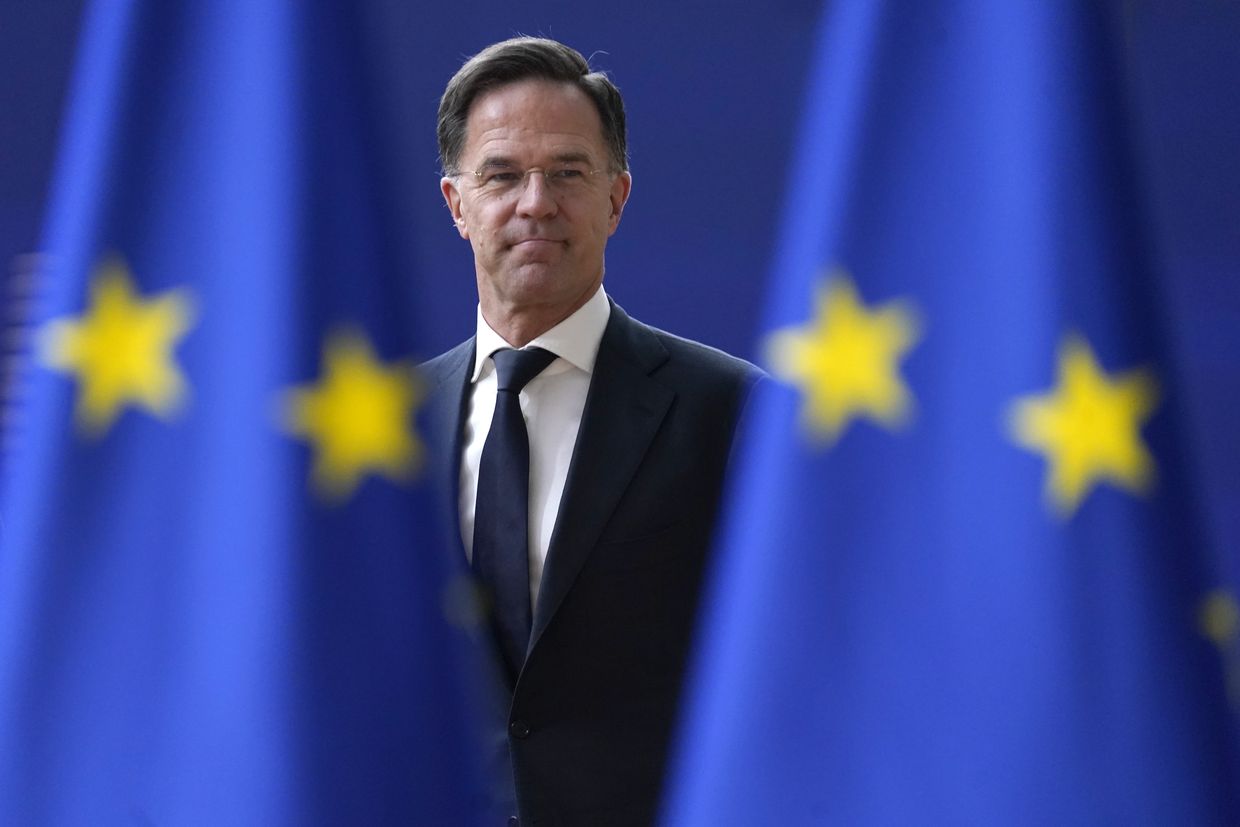EU passes 14th sanctions package in first major move against Russian gas

EU ambassadors have agreed for the first time ever to impose sanctions on Russia's gas industry, in a move that could deprive the Kremlin of hundreds of millions of dollars, the Belgian Presidency of the Council of the European Union announced on June 20.
"This hard-hitting package will further deny Russia access to key technologies," European Commission President Ursula von der Leyen said.
"It will strip Russia of further energy revenues. And tackle Putin’s shadow fleet and shadow banking network abroad."
The new measures include a ban on transshipment of Russian liquefied natural gas (LNG) and a plan to hold EU operators liable for violations of sanctions by their subsidiaries and partners in third countries.
The unprecedented move comes after weeks of debate among the 27 EU member states, with opposition coming from Hungary and Germany.
While resistance from the former was expected given Budapest's consistent opposition to sanctions against Russia, Berlin's was more controversial.
German Chancellor Olaf Scholz was forced to defend his country against accusations it was "the new Hungary."
"Yes, that's a great line, but it's complete nonsense," he said earlier this month, insisting opposition to the new sanctions was about making sure small businesses would not be harmed by the measures.
Despite Brussels' target to be free of Russian fossil fuels by 2027, several EU members remain heavily reliant on Russian gas, and imports of LNG from Russia reached record highs last year.
In mid-April, the European Parliament voted to pass rules allowing member states to ban imports of Russian LNG as part of Brussels' strategy to reduce the bloc's energy dependency on Moscow.
The EU has adopted 13 sanction packages in February in response to Russia's full-scale invasion of Ukraine, aiming to undermine Moscow's economic output and the ability to sustain the war.














